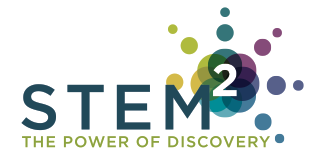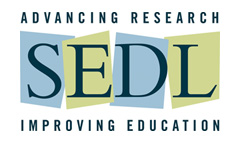You are here
School Leaders Mostly Mystified by Computer Science Education
Low-income schools are less likely than higher income schools to offer computer science (CS) classes. In all schools where computer science courses are part of the curriculum, there is no standardized set of learning standards. And most of the time CS classes are categorized as electives with a vocational slant. These results and others surfaced in a survey administered by the Computer Science Teachers Association (CSTA), a membership organization that promotes the teaching of computer science and other computing disciplines.
The survey was issued online to 20,000 secondary school leaders across the country; 503 people responded.
Of those, 77.5 percent reported that their schools offer CS courses, but those courses tend to be more common in the better-funded ones. Of the 27 percent of schools where a majority of students qualify for free or reduced lunch, six of 10 have CS courses. In the 44 percent of schools where the majority of students don't qualify for free lunch, eight of 10 offer CS classes. In lower income schools with CS courses, four of 10 also offer after school or extracurricular programs in the subject. At higher income schools, that count was much higher — 10 of 10.
The term "computer science" boggled some respondents. When asked which kinds of CS classes their schools provided, some answered, "business management," "yearbook layout," "artificial intelligence," "robotics," "office applications" and "automated design."



